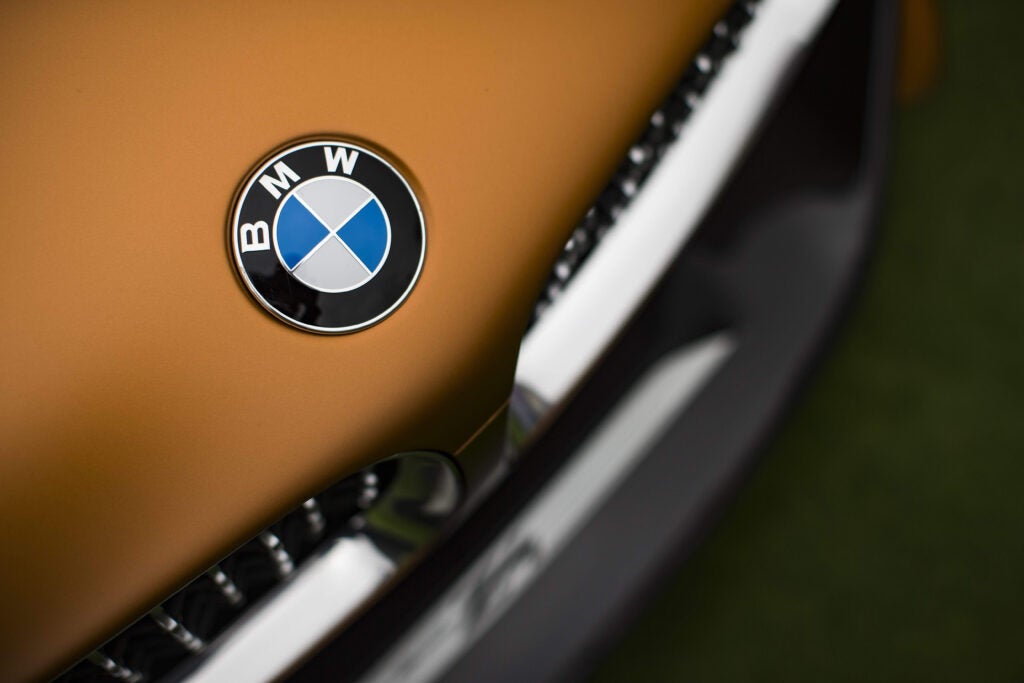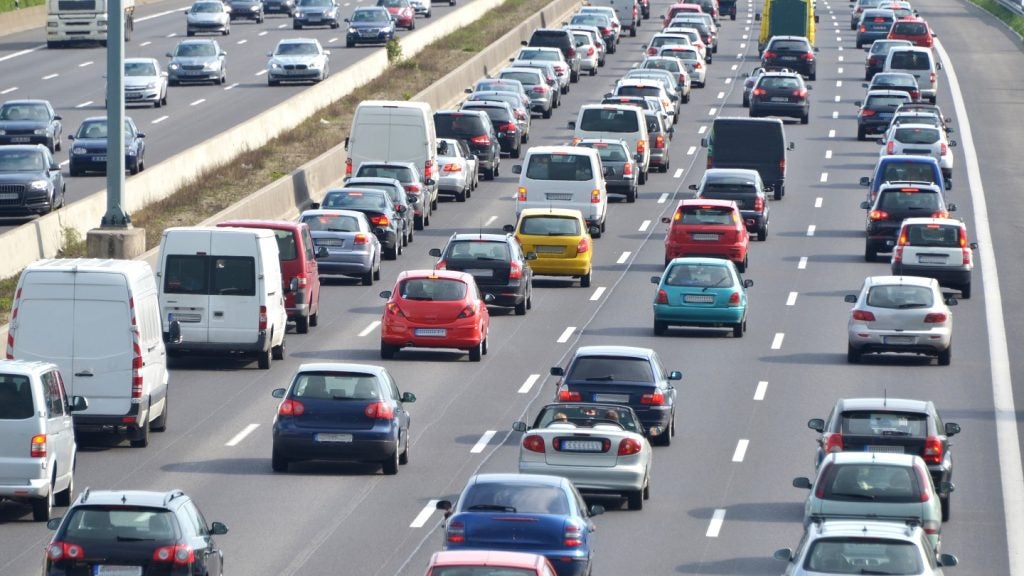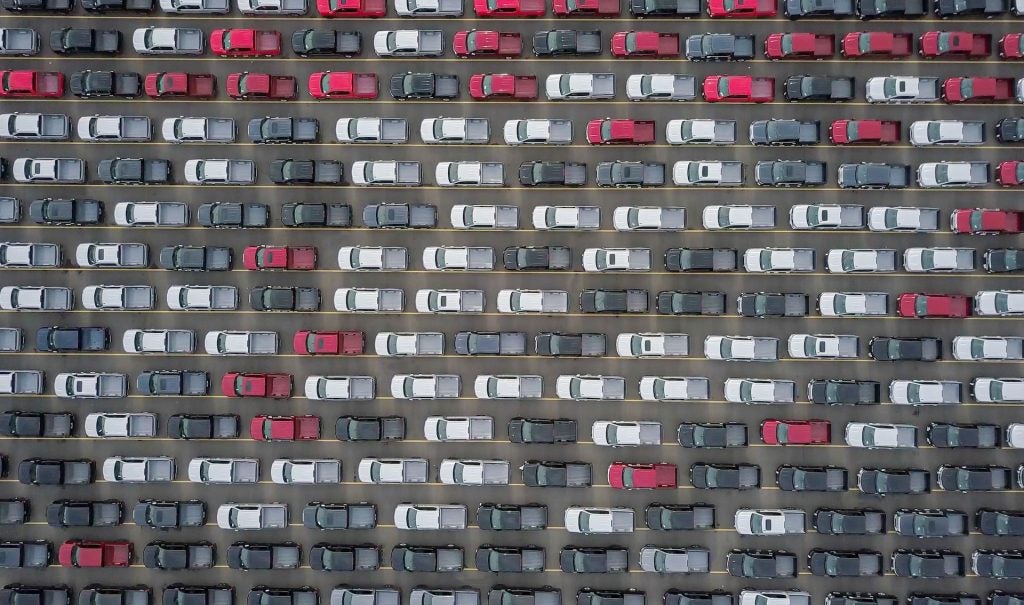
A year-on-year drop of 30.6% sales of new diesel cars resulted meant that the total new car market shrank in November.
The 61,730 diesel cars sold in November represented just 37.7% of the total 163,541 cars sold in the month. In November 2016, diesel sales made up 48.3% of the total 184,101 cars sold.
In contrast, petrol car sales increased slightly – growing 5% to 92,944. Alternative fuel vehicles continued their impressive growth, jumping 33.1% year-on-year to 8,867 over the same period.
November’s fall meant that total car sales for the 11 months to the end of November stood at 2,388,144 – 5.0% below 2016’s total for the same period. The SMMT described this fall as ‘inline with expectations.’
However Mike Hawes, SMMT chief executive did add: “An eighth month of decline in the new car market is a major concern, with falling business and consumer confidence exacerbated by ongoing anti-diesel messages from government. Diesel remains the right choice for many drivers, not least because of its fuel economy and lower CO2 emissions. The decision to tax the latest low emission diesels is a step backwards and will only discourage drivers from trading in their older, more polluting cars.”
Sue Robinson, director of the National Franchised Dealers Association (NFDA) agreed that recent decisions around the taxing of diesel vehicles also left something to be desired: “The recently announced increase in tax on first registration of all new diesel cars affects the cleanest Euro 6, which in many cases still represent the most efficient and affordable vehicle. By failing to increase VED* on older diesel cars, government is sending a confusing message to consumers that they should not buy a new diesel, but rather stay in their old cars or buy a second hand, dirtier diesel car.”
How well do you really know your competitors?
Access the most comprehensive Company Profiles on the market, powered by GlobalData. Save hours of research. Gain competitive edge.

Thank you!
Your download email will arrive shortly
Not ready to buy yet? Download a free sample
We are confident about the unique quality of our Company Profiles. However, we want you to make the most beneficial decision for your business, so we offer a free sample that you can download by submitting the below form
By GlobalDataFinance lenders suggested the fall was the market corrected itself, having over inflated in 2016. Richard Jones, managing director, Black Horse, said: “These figures show the new car market continues a trend of moving to a more sustainable position. This further correction in sales will be beneficial for the market in the long term and runs counter to recent concerns of the influence of a potential oversupply of vehicles on used car values.”
Similarly, Chris Bosworth, director of strategy at Close Brothers Motor Finance, said: “Today’s figures highlight both the cyclical and structural market challenges that the motor industry faced in November, which sees the eighth consecutive month of car registrations being in decline. Brexit is having an obvious impact on the market as a whole as consumer confidence remains low.”
Jones added there were a number of factors contributing to the fall, including: “the falling consumer and business confidence we saw in November, the adverse impact of exchange rates on UK car prices, along with the record levels of sales we’ve witnessed in recent times. We should expect to see the market continue to contract into the first half of 2018, and then level off. We also expect the used car market will continue to perform well as it has done through 2017.







